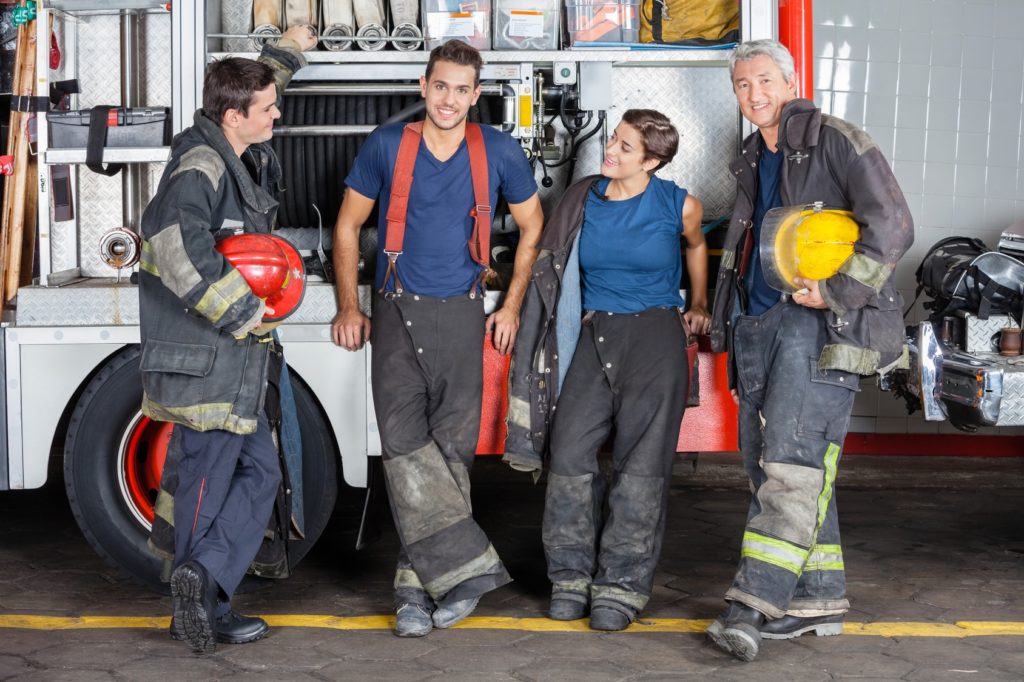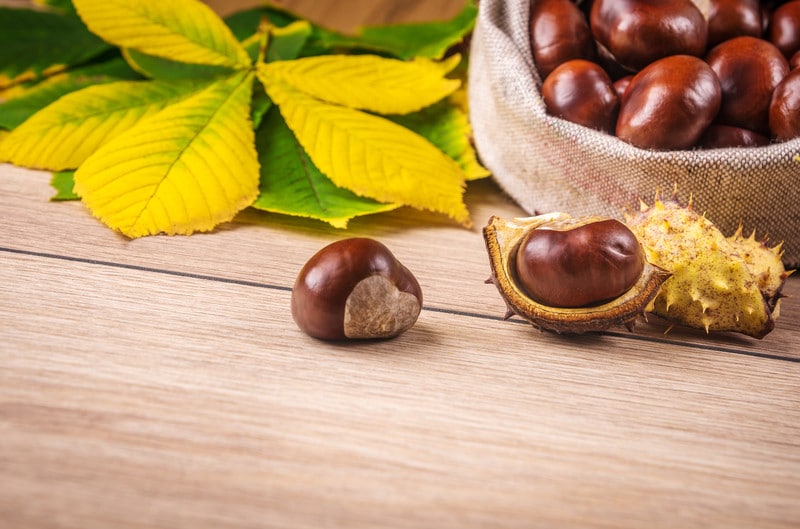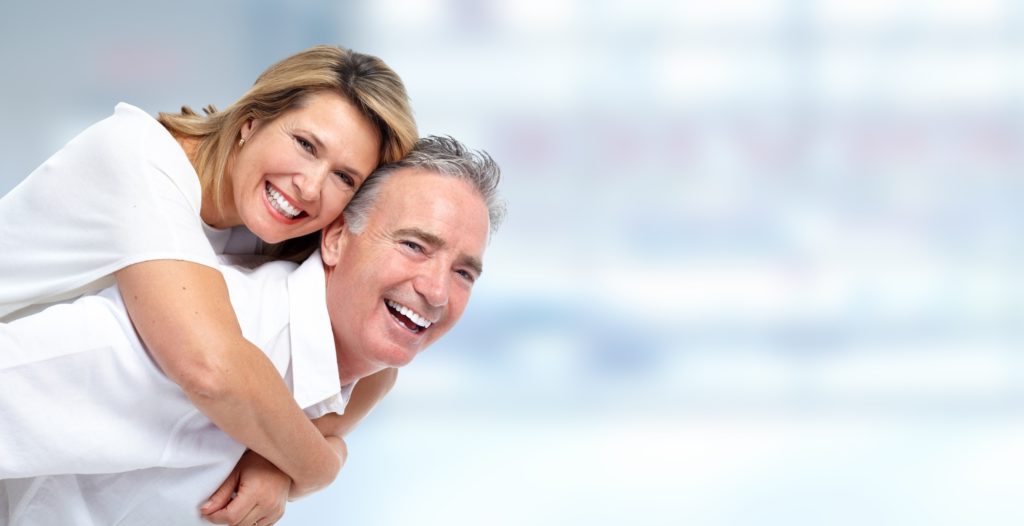
Firefighters: Higher Risk of Venous Insufficiency and Vascular Disease
One might think that the biggest cause of injury among American firefighters would be burns and collapsing structures. However, more than just skin and bones, it is the firefighter’s vascular system that is at risk.
There are a number of reasons why firefighters are especially susceptible to vascular injury, and why they in particular need to consult with a qualified vein specialist for diagnosis and treatment of all dysfunctions that affect the heart and blood vessels, including Chronic Venous Insufficiency (CVI) and varicose veins.
Firefighters are Pushed to the Limit
The schedule of a firefighter is highly unpredictable. Shift work, itself, is disruptive to sleep and eating schedules, and can lead to generalized fatigue and difficult digestion. Unless an individual is motivated, the sometimes long periods of relative inactivity between fire calls can lead to weight gain and decreased levels of fitness; the incidence of overweight and obesity among firefighters is high. And adrenaline-drenched episodes of fire fighting push firefighters to the limit, physically, psychologically and emotionally. Working in the blistering heat, in heavy protective gear, hauling heavy equipment over long distances causes firefighters’ bodies to overheat and dehydrate, their blood vessels to dilate and become less efficient, and their blood more likely to coagulate easily.
Chronic Venous Insufficiency is Common among Firefighters
All of these are factors in the development of cardiovascular disease, including sudden cardiac events. Even more common among firefighters, though, is the development of Chronic Venous Insufficiency. While CVI is not likely to be fatal, it will adversely affect quality of life, and one’s ability to perform firefighting duties. Among other CVI symptoms, sufferers will note that their legs feel heavy, achy, itchy, and tired. Left untreated,Chronic Venous Insufficiency can progress, leading to swelling in the legs, feet and ankles, leg ulcers that don’t heal easily, and Deep Vein Thrombosis (DVT).
The good news is that there is help. If you are experiencing any of the symptoms of CVI, consider consulting a qualified vein specialist as soon as possible.
Using thorough examination techniques and duplex ultrasonography, a qualified vein specialist will be able to assess and recommend a treatment plan tailored to your needs. And there are minimally invasive techniques available that can help optimize your vascular health, with minimal discomfort, and in very little time have you back up and saving the world again, one burning building at a time.
Although there is no cure for varicose veins and venous insufficiency, there are certain varicose vein home treatments you can to help relieve some of the symptoms of aching legs, swelling of legs, itchy legs, leg cramps and restless and heavy legs. Varicose Veins Homeopathic Treatment For those who prefer a homeopathic approach for managing…
Read MoreAre you worried about your varicose veins? A lot of people who have venous insufficiency or vein disease do not realize they have it or how straightforward it is to treat. Symptoms of venous insufficiency or vein disease are progressive and can start as early as your teens and twenties, but will only get worse…
Read MoreCan You Cure Varicose Veins? There are several conservative therapy and management of vein insufficiency options to help with the symptoms associated with varicose veins. None of these methods will prevent or fix the underlying problem. There is no cure for varicose veins or venous insufficiency, once a vein is abnormal (fails to return blood…
Read MoreWhat jobs contribute to getting or worsening varicose veins? When you are in the business of taking care of other people, sometimes you get so busy taking care of them that you forget to take care of yourself. People with active lives and active legs, like fire fighters, paramedics, nurses, police officers, teachers, flight attendants,…
Read MoreCauses of Varicose Veins During Pregnancy There are a number of reasons why women get varicose veins during pregnancy. First, the volume of blood circulating in the body increases to help support your growing baby. However, veins don’t have a way to accommodate the extra volume so sometimes the veins bulge, itch, are painful to…
Read MoreWhat is a Vein Specialist? When the venous system becomes incapable of doing its job effectively, that is when a vein specialist is at their best. A vein specialist is a medical provider whose main focus is the treatment and management of venous disease. Vascular medicine is composed of two different systems, arterial and venous.…
Read MoreCan I Use Essential Oils For Varicose Veins? Essential oils can help to temporarily alleviate symptoms associated with the underlying problem of varicose veins, but they do not prevent, treat, or cure venous disease itself.
Read MoreThere are several treatments available for painful varicose veins According to recent studies, 50 to 55 percent of women and 40 to 45 percent of men in the United States suffer from some type of vein problem. Varicose veins affect half of people 50 years and older, typically found on the thighs, inside the leg,…
Read MoreHigh Temperatures Will Irritate Varicose Veins As hot as it gets in Arizona, we can’t blame the sun for our varicose veins or spider veins as it is not the cause. However, our hot Arizona summers do cause diseased leg veins to get worse, as do hot tubs, heating packs, and prolonged hot baths. Warmer…
Read MoreDoes smoking cause varicose veins or spider veins? The noxious chemicals in cigarettes can do serious damage to your veins and arteries, whether you use tobacco products on a day-to-day basis or on occasion. The signs of damage from smoking often shows up in our vein center patients through the development of spider veins…
Read More


